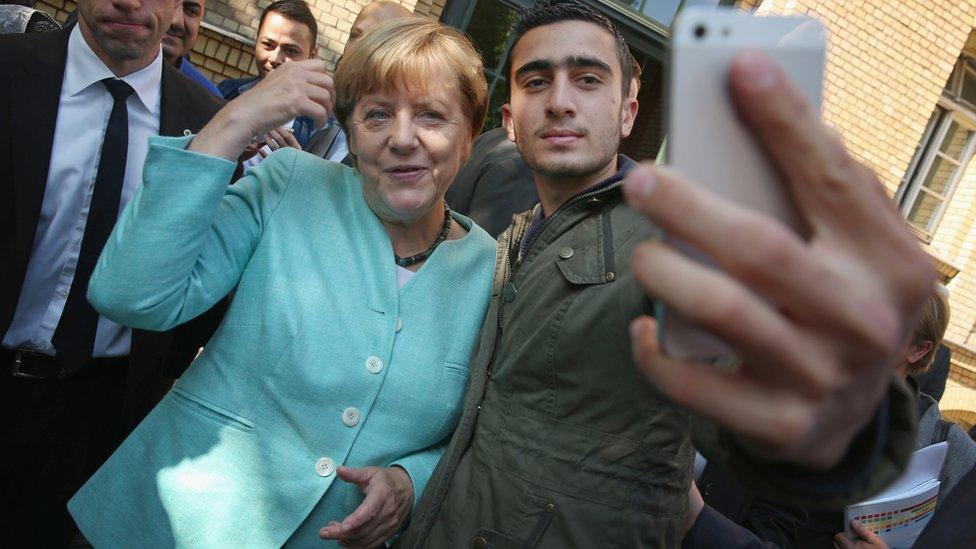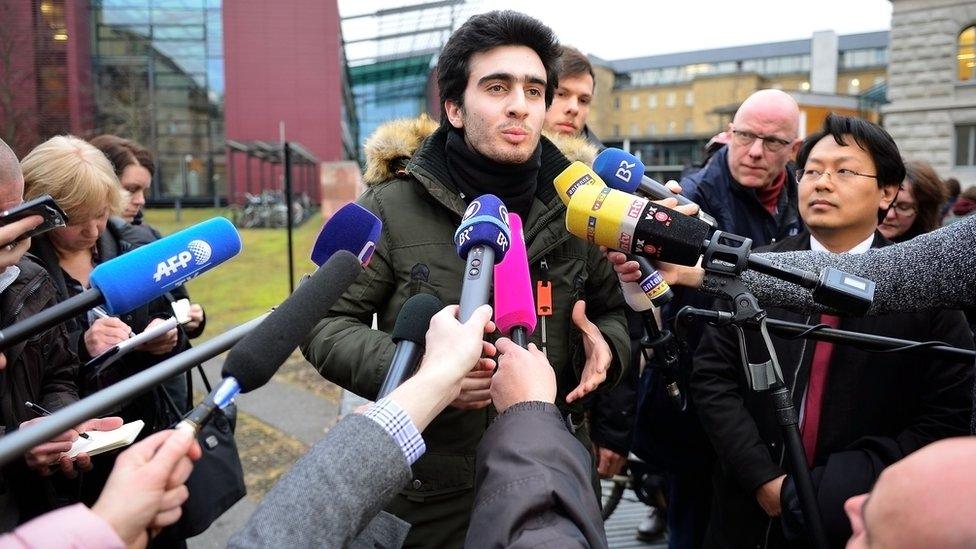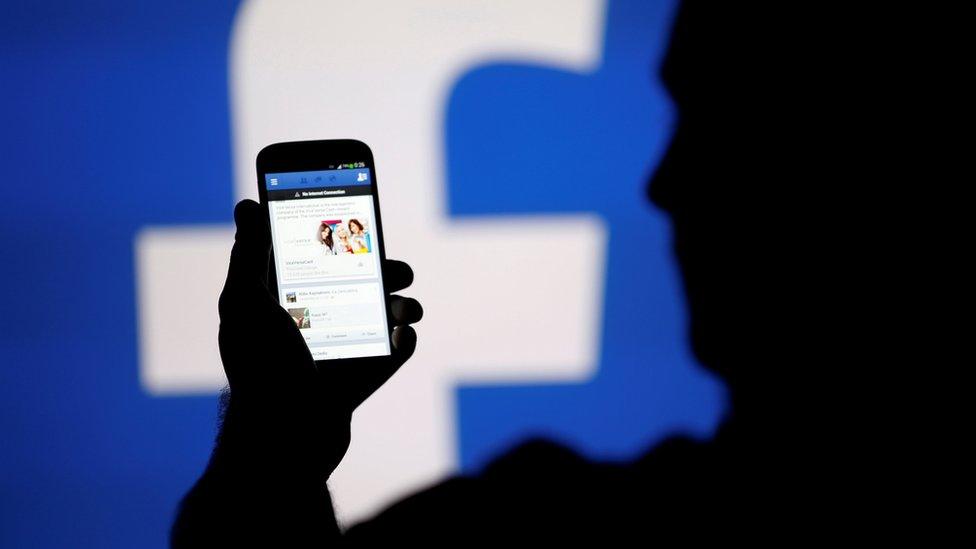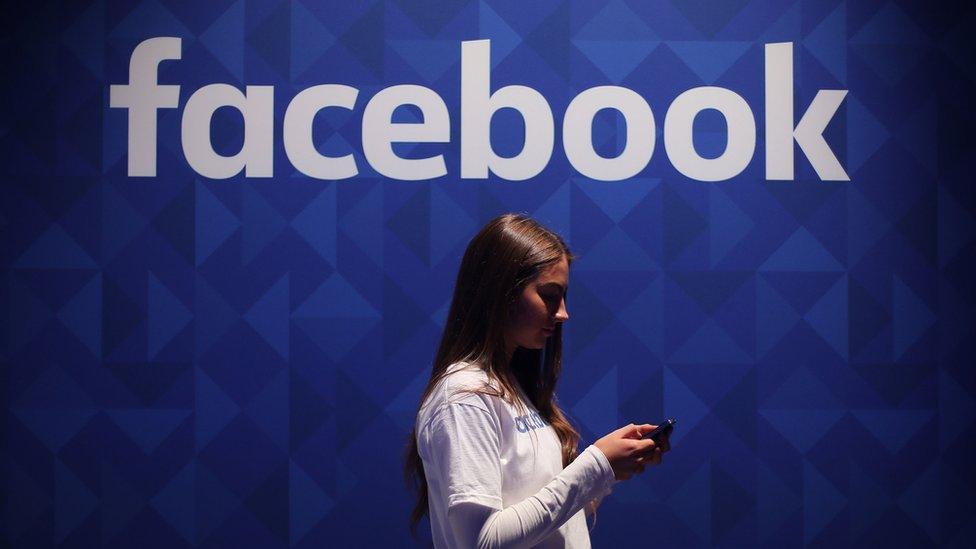Facebook in court over refugee selfie fake news stories
- Published

Mr Modamani took a selfie with Angela Merkel when she visited the Berlin shelter he was staying in
Syrian refugee Anas Modamani is suing Facebook after a selfie he took with Chancellor Angela Merkel was used in fake news stories.
A court in Wurzburg, Germany, heard opening remarks from lawyers representing both sides.
Mr Modamani's photo went viral in August 2015 but was later used to falsely link him to terror attacks.
Facebook deleted some of the posts, but lawyers for Mr Modamani claimed that it had still appeared widely.
They argued that Facebook could have done more to prevent people from sharing the selfie.
The image has been used in posts about attacks in Brussels and on a Christmas market in Berlin.
Facebook lawyer Martin Munz countered that, with billions of postings each day, the company would need to employ "a sort of wonder machine" to detect each misuse, according to Bloomberg., external

Anas Modamani and his lawyer Chan-Jo Jun spoke to the media after the court session
It also argued that it had removed all images reported by Mr Modamani and that, as the case involved defamation, it was the individuals who had posted the images not Facebook that should be held responsible.
Mr Modamani fled Syria in 2015 and was living in a Berlin shelter, which Ms Merkel visited.
He shared the selfie on his Facebook page, and it became an emblem of Ms Merkel's immigration policy.
Facebook has faced mounting criticism over its handling of fake news stories, and has recently launched filtering systems in the US, Germany and France.
It comes amid suggestions that fake news reports influenced the outcome of the US presidential election.
In France, Facebook has joined forces with Google and eight news organisations to launch fact-checking tools to root out fake news ahead of the country's presidential election.
Germany, which also has elections this year, is considering fining the social media giant for every fake news article it fails to remove.
A ruling on this case is expected in March.
- Published6 February 2017

- Published15 January 2017
